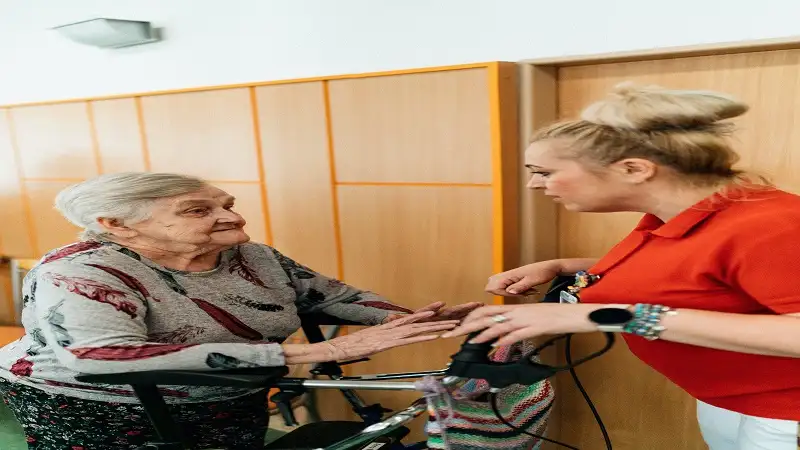As your loved ones age, their needs and capabilities can change, sometimes quite rapidly. While many seniors prefer to maintain their independence, there are signs that indicate they may need extra assistance to thrive safely and comfortably.
In this article, you’ll explore five crucial signs to watch for in your elderly loved one that may suggest they require additional support.
Decline in Personal Hygiene
One of the earliest indicators that your elderly loved one might need extra support is a noticeable decline in personal hygiene. This includes a decreased interest in bathing, grooming, and changing clothes regularly. Seniors may struggle with mobility issues, making it more challenging to maintain personal hygiene. Additionally, cognitive changes or memory issues can lead to forgetfulness about daily self-care routines. Nevertheless, it’s essential to address hygiene concerns promptly.
A decline in personal hygiene can impact both physical and emotional well-being, leading to skin issues, infections, and a reduced sense of self-esteem. Engaging a caregiver or exploring assisted living options can help ensure your loved one receives the necessary assistance to maintain good personal hygiene.
Unexplained Weight Loss
Significant and unexplained weight loss can be a red flag that your elderly family member is not receiving proper nutrition or care. Weight loss can result from various factors, including a loss of appetite, difficulty preparing meals, or underlying health issues. Some seniors may struggle with dental problems that make eating painful or challenging.
If you notice your loved one losing weight without a clear reason, it’s crucial to consult with their healthcare provider. A registered dietitian can also assess their dietary needs and suggest appropriate nutritional interventions. In many cases, providing regular, balanced meals and ensuring your loved one stays hydrated can help address unexplained weight loss.
Increased Forgetfulness and Confusion
Mild forgetfulness is a common part of aging, but when it progresses to the point of causing confusion and affecting daily life, it may be a sign of cognitive decline or a neurodegenerative condition. Memory lapses can lead to missed medications, difficulty managing finances, and struggles with daily tasks.
If your loved one is exhibiting signs of increased forgetfulness or confusion, it’s essential to seek medical evaluation and diagnosis. Conditions like Alzheimer’s disease or other forms of dementia may require specialized care and support. Early intervention and a well-structured care plan can help maintain their safety and quality of life.
Social Withdrawal and Isolation
A marked change in your elderly loved one’s social behavior, such as increased withdrawal and isolation, can be a sign that they are struggling with loneliness or depression. Seniors may avoid social interactions due to physical limitations, hearing problems, or the loss of friends and loved ones. Loneliness can have adverse effects on their mental and emotional well-being.
To address social withdrawal, it’s essential to encourage and facilitate social activities and connections. Consider arranging visits from family and friends, enrolling them in local senior centers, or exploring opportunities for group activities or outings. In some cases, professional counseling may be beneficial in managing loneliness and depression.
Mobility Issues
When a loved one starts experiencing mobility issues, it can be a clear indication that they require additional support. One common mobility issue is the freezing of gait, a symptom often associated with Parkinson’s disease and other neurological conditions. It can significantly impact an individual’s ability to move, leading to increased risk of falls and reduced independence. Recognizing these signs is crucial for providing the necessary support and care. It’s important to address these issues promptly to ensure the safety and comfort of your loved one.
Conclusion
It’s essential to remain attentive to changes in your elderly loved one’s physical and cognitive well-being. Recognizing these signs early and taking action can significantly enhance their quality of life and safety.
Open communication with your loved one about their needs and preferences is crucial, as it can help you make informed decisions regarding the level of support required. By addressing these signs and seeking appropriate assistance, you can ensure that your elderly family member enjoys their later years with dignity and comfort.

